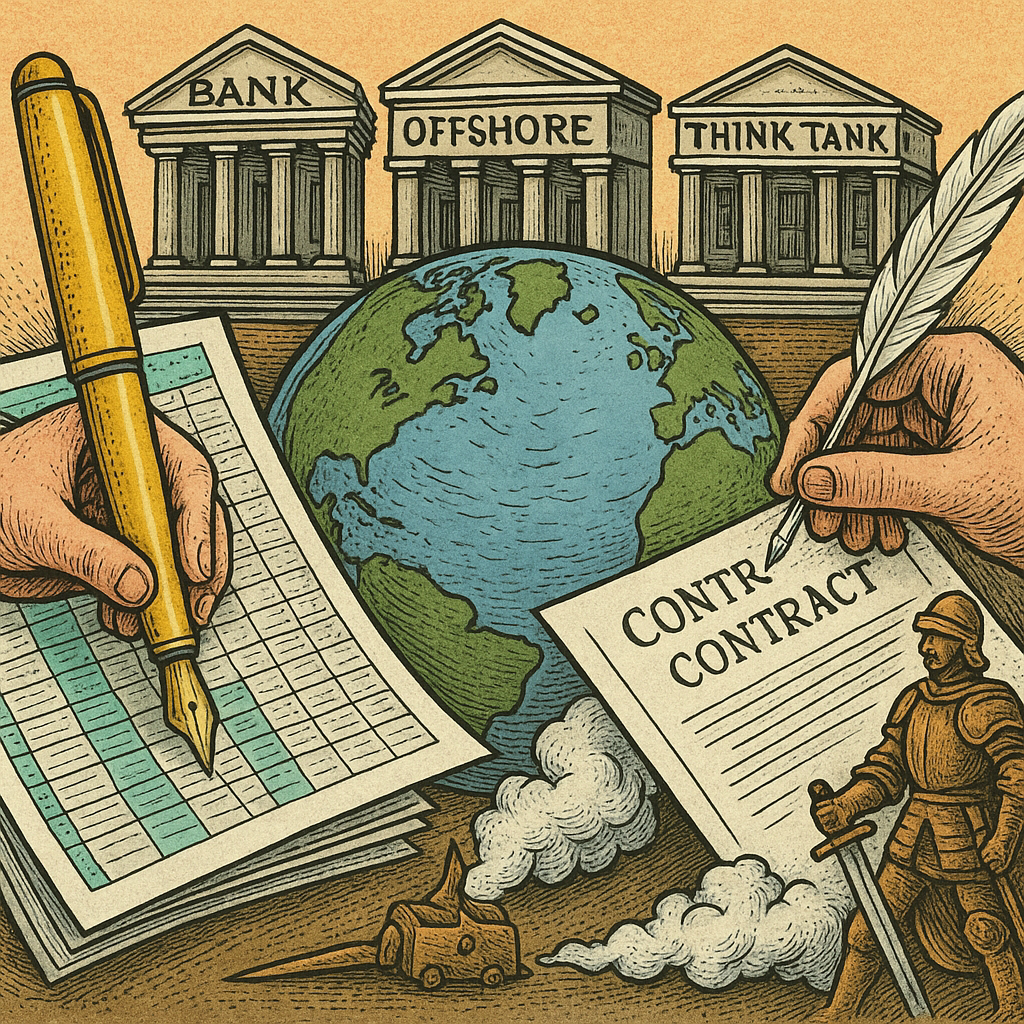Trump economic policy would be to cheapen the dollar, lower interest rates, and weaken the Independence of the Fed. What would the effects of such an American policy on the economy?
1. Introduction
An American policy aimed at cheapening the dollar, lowering interest rates, and weakening the independence of the Federal Reserve (Fed) would have far-reaching implications. This policy approach could affect various sectors of the economy, international trade, and the financial markets.
2. Impact on the Dollar
- Cheapening the Dollar: A weaker dollar makes American exports cheaper and more competitive abroad but increases the cost of imports. This could help reduce the trade deficit but might lead to inflationary pressures domestically.
3. Lowering Interest Rates
- Economic Stimulus: Lower interest rates typically encourage borrowing and spending, stimulating economic growth. This can be beneficial during economic downturns.
- Inflation Risk: Prolonged low interest rates can lead to higher inflation as demand outstrips supply.
- Savings and Investments: Lower rates reduce the returns on savings, potentially hurting retirees and others who rely on fixed incomes. It can also lead to a search for higher-yield investments, increasing risk-taking in the financial markets.
4. Weakened Independence of the Fed
- Monetary Policy: The Fed’s independence ensures that monetary policy decisions are made based on economic conditions, not political pressures. Undermining this independence could lead to short-term politically motivated decisions that might not align with long-term economic stability.
- Market Confidence: Investors place a high value on the credibility and predictability of the Fed. Weakening its independence could lead to uncertainty, volatility in financial markets, short-term crash up (sic, up) of the stock market, but longer term a loss of confidence, especially among international investors.
5. Potential Outcomes
- Short-term Gains: The policy might produce short-term economic gains, such as increased employment and growth, due to cheaper exports and higher domestic spending.
- Long-term Risks: The long-term risks include higher inflation, increased debt levels, potential asset bubbles, and reduced trust in the U.S. financial system. Over time, these risks could lead to economic instability and a loss of global financial leadership.
6. International Implications
- Global Trade: A weaker dollar can lead to competitive devaluations as other countries try to protect their export markets, potentially leading to trade tensions and currency wars.
- Emerging Markets: Countries with debts denominated in dollars could face increased repayment burdens, leading to financial stress and instability in these markets.
7. Conclusion
While the policy of cheapening the dollar, lowering interest rates, and weakening the Fed’s independence might offer immediate economic benefits, it poses significant long-term risks. These include inflation, financial instability, and loss of market confidence. A balanced approach, considering both short-term needs and long-term consequences, is essential for sustainable economic health.
Glossary of Terms
- Dollar cheapening: Reducing the value of the U.S. dollar relative to other currencies.
- Interest rates: The cost of borrowing money, usually expressed as a percentage.
- Fed’s independence: The ability of the Federal Reserve to operate without political interference.
Further Reading








0 comments:
Post a Comment
Keep it clean, keep it lean